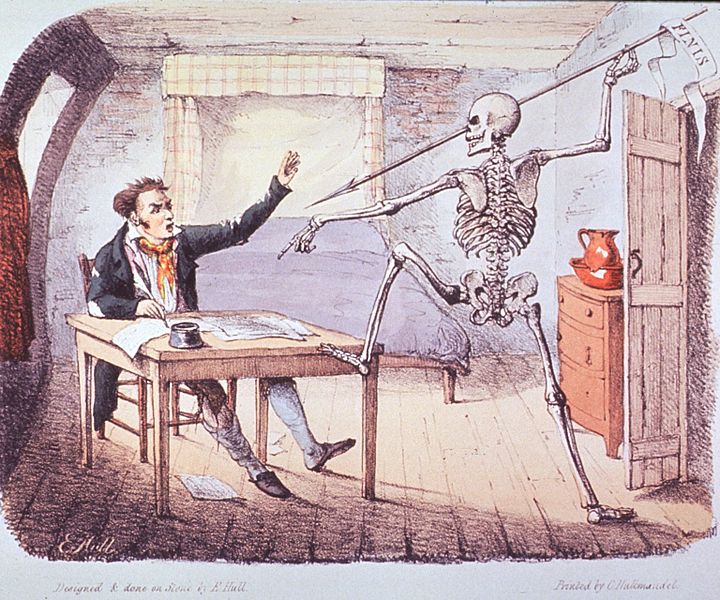My earliest childhood memory is of lying on the living room floor of my family’s home and trying to pick up Crayolas with my toes. I doubt there was a day in my life until recent years when I didn’t spend several hours holding a pen or pencil or marker (with my fingers, not toes). That’s what writers did. And there were unintended benefits: There seems to be a strong connection between penmanship and memory. Write a fact on a piece of paper and it’s much more likely you’ll recall that fact.
I can’t tell you the last time I held any writing utensil in my hand. Whether it’s doing a crossword puzzle or paying a bill or jotting down a note, a screen and keypad do the job. But I don’t fret over the change. Yes, memories and individuality are diminished in some ways in a paperless world, but I’ll accept the trade-off any day. Having crayons as a child was wonderful, but you know what else would have been great? Having access to the mountain of information that is accessible 24/7 to us all now. It’s a net win.
Not everyone agrees, however. In a Guardian essay, Philip Hensher urges the reclamation of penmanship. An excerpt:
“We have surrendered our handwriting for something more mechanical, less distinctively human, less telling about ourselves and less present in our moments of the highest happiness and the deepest emotion. Ink runs in our veins, and shows the world what we are like. The shaping of thought and written language by a pen, moved by a hand to register marks of ink on paper, has for centuries, millennia, been regarded as key to our existence as human beings. In the past, handwriting has been regarded as almost the most powerful sign of our individuality. In 1847, in an American case, a witness testified without hesitation that a signature was genuine, though he had not seen an example of the handwriting for 63 years: the court accepted his testimony.
Handwriting is what registers our individuality, and the mark which our culture has made on us. It has been seen as the unknowing key to our souls and our innermost nature. It has been regarded as a sign of our health as a society, of our intelligence, and as an object of simplicity, grace, fantasy and beauty in its own right. Yet at some point, the ordinary pleasures and dignity of handwriting are going to be replaced permanently.” (Thanks Browser.)

